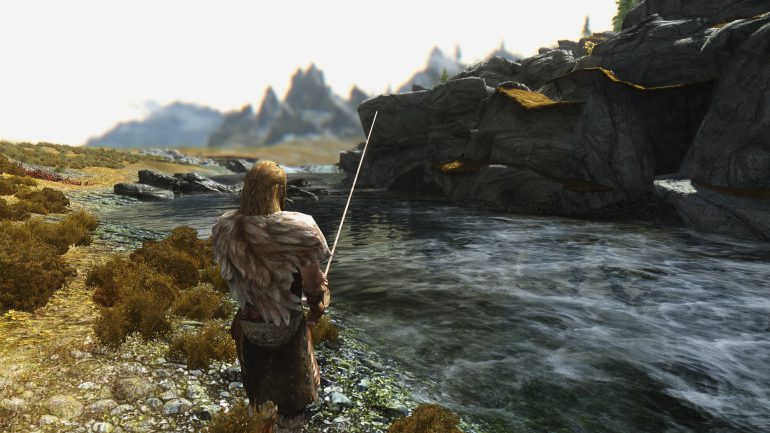
This paper considers the part played by modders in shaping Bethesda Softworks’ The Elder Scrolls series of roleplaying games. It argues that Bethesda’s stewardship of the franchise over the course of its twenty year history has been characterized less by an unwavering creative vision than a willingness to make use of the resources to hand - not least the inventiveness of modding communities. Charting how Bethesda employees and the games’ modders have performed and discussed their respective roles, we track shifts in the tools, vocabularies, aims and approaches of both parties. We find that while the practices and priorities of modders and developers have, in many respects, converged over this period, crucial legal and conceptual distinctions continue to separate professionals from amateurs. Valve’s abortive attempt to introduce paid mods to The Elder Scrolls V: Skyrim threw this division into stark relief, emphasizing the need for studies of modding which address the performativity of intellectual property, showing how conceptions of authorship and ownership develop over time within specific studios, cultures and publics.
